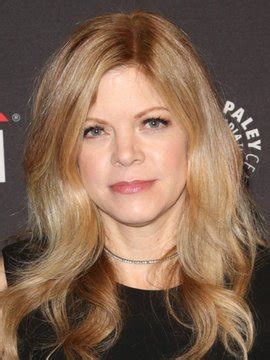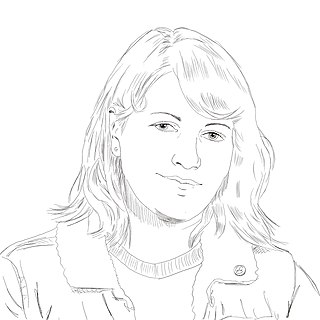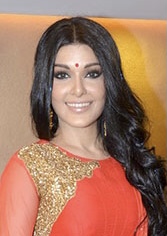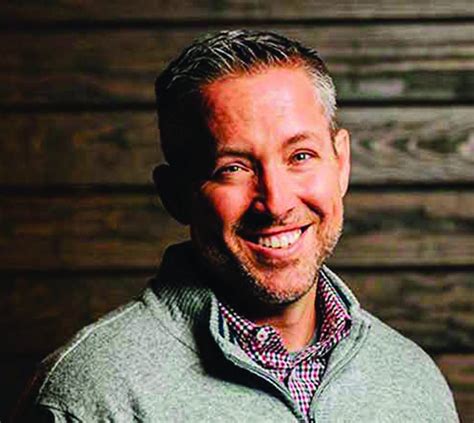A Quote by Stephanie Savage
We love stories about identity and acceptance because they're so universal.
Quote Topics
Related Quotes
When it comes to identity, that was an issue that plagued me for a lot of my life. It's something that I wanted to tap into. Film can really take you to other places, and sometimes that's necessary to understand your own identity or someone else's identity or just the issue of identity, in general. It takes you. It's borderless. It's boundless. It's universal.
Each of us is comprised of stories, stories not only about ourselves but stories about ancestors we never knew and people we've never met. We have stories we love to tell and stories we have never told anyone. The extent to which others know us is determined by the stories we choose to share. We extend a deep trust to someone when we say, "I'm going to tell you something I've never told anyone." Sharing stories creates trust because through stories we come to a recognition of how much we have in common.
The very act of story-telling, of arranging memory and invention according to the structure of the narrative, is by definition holy. We tell stories because we can't help it. We tell stories because we love to entertain and hope to edify. We tell stories because they fill the silence death imposes. We tell stories because they save us.






































